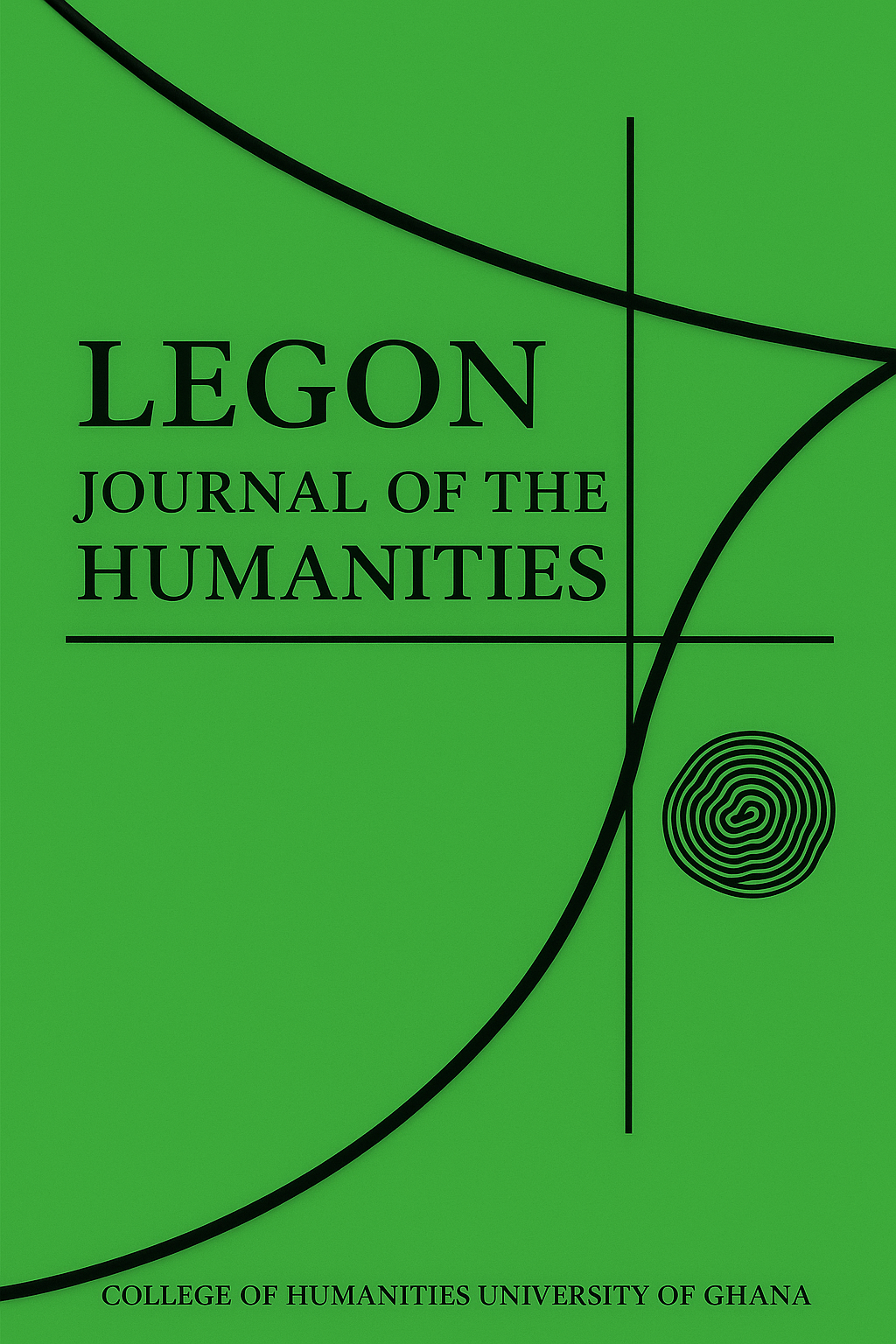“Fighting a Global Pandemic and Local Stigmatisation: War Metaphors in Presidential Update Speeches and Their Effect on Attitudes to COVID-19 (Patients) in Ghana” is an academic article by cognitive linguistics scholars Emma Pedavoah and Gladys Ansah that discusses the use of war metaphors in statements about COVID-19 by government officials in Ghana, using the Conceptual Metaphor Theory (CMT) by Lakoff and Johnson. Between March 2020, when the World Health Organization’s declaration of COVID-19 as a pandemic, and June 2020, the President of Ghana consistently employed war metaphors to refer to COVID-19 preventative measures in his update speeches to the nation, such as to “fight,” “defeat,” “battle,” or “combat” the virus.
CMT posits that the use of metaphors allows individuals with shared knowledge on a certain topic to extend each other’s knowledge on other topics they are not familiar with and are effective in illustrating abstract concepts and evoking powerful emotions. Although war metaphors could empower frontline medical staff in providing treatment for COVID-19 patients and raise public awareness about the threat of COVID-19, the authors argue that the use of war metaphors to refer to the pandemic was generally inappropriate, because the metaphors painted not only the virus, but also COVID-19 patients, as public enemies, citing Prashast et al.’s research on the influence of metaphors on shaping attitudes that war metaphors invoke impressions of “mobilization against a human enemy” (qtd. in Pedavoah and Ansah 41). The speeches caused widespread fear and panic as well as stigmatization of COVID-19 patients. This atmosphere of fear and distrust discouraged COVID-19 patients from receiving medical help and quarantine, ironically exacerbating the spread of the virus in Ghana. As early as April 2020, a month after COVID-19 regulations came into force, the President of Ghana addressed the stigmatization of COVID-19 patients, saying, “The enemy is the virus, and not each other” (qtd. in Pedavoah and Ansah 55), in an attempt to clarify the correct target of the war metaphor. However, public attitudes towards COVID-19 patients would remain hostile, as the authors list reports of recovered COVID-19 patients, their families, and even healthcare workers being ostracized from their communities and refused service by taxi and Uber drivers.
This article describes and analyzes the war metaphor as a technique frequently used in COVID-19 announcements in Ghana and other countries. Conceptual metaphor theory allows us to understand how the mention of “war” in COVID-19 metaphors triggered extreme hostility and had the unintended consequences of directing public hostility towards patients instead of the virus, which left patients suffering from both COVID-19 and discrimination from their communities. This research expands our knowledge on the underlying mechanisms of metaphorical narratives in public health communication, particularly in contexts of public health crises, where facilitating the public’s accurate understanding of health risk and protective measures is paramount. Considering the undesirable side effects of the war metaphor and the functions of public health communication, the authors call for alternative techniques to raise public health awareness.

Image Captions:
Cover image of Legon Journal of the Humanities, vol. 34, no. 1, 2023.Citation: Pedavoah, Emma Kusuoba, and Gladys Nyarko Ansah. “Fighting a Global Pandemic and Local Stigmatisation: War Metaphors in Presidential Update Speeches and Their Effect on Attitudes to COVID -19 (Patients) in Ghana.” Legon Journal of the Humanities, vol. 34, no. 1, 2023, pp. 36–65, https://doi.org/10.4314/ljh.v34i1.2s. NON-FICTION, SCHOLARLY ARTICLE | GHANA. ll
Source Type: Scholarship on COVID-19 Studies
Country: Ghana
Date: 04-Dec-2024
Keywords: Communication,, Conceptual Metaphor Theory, Government Speeches, Ghana, Stigmatization, and War Metaphor